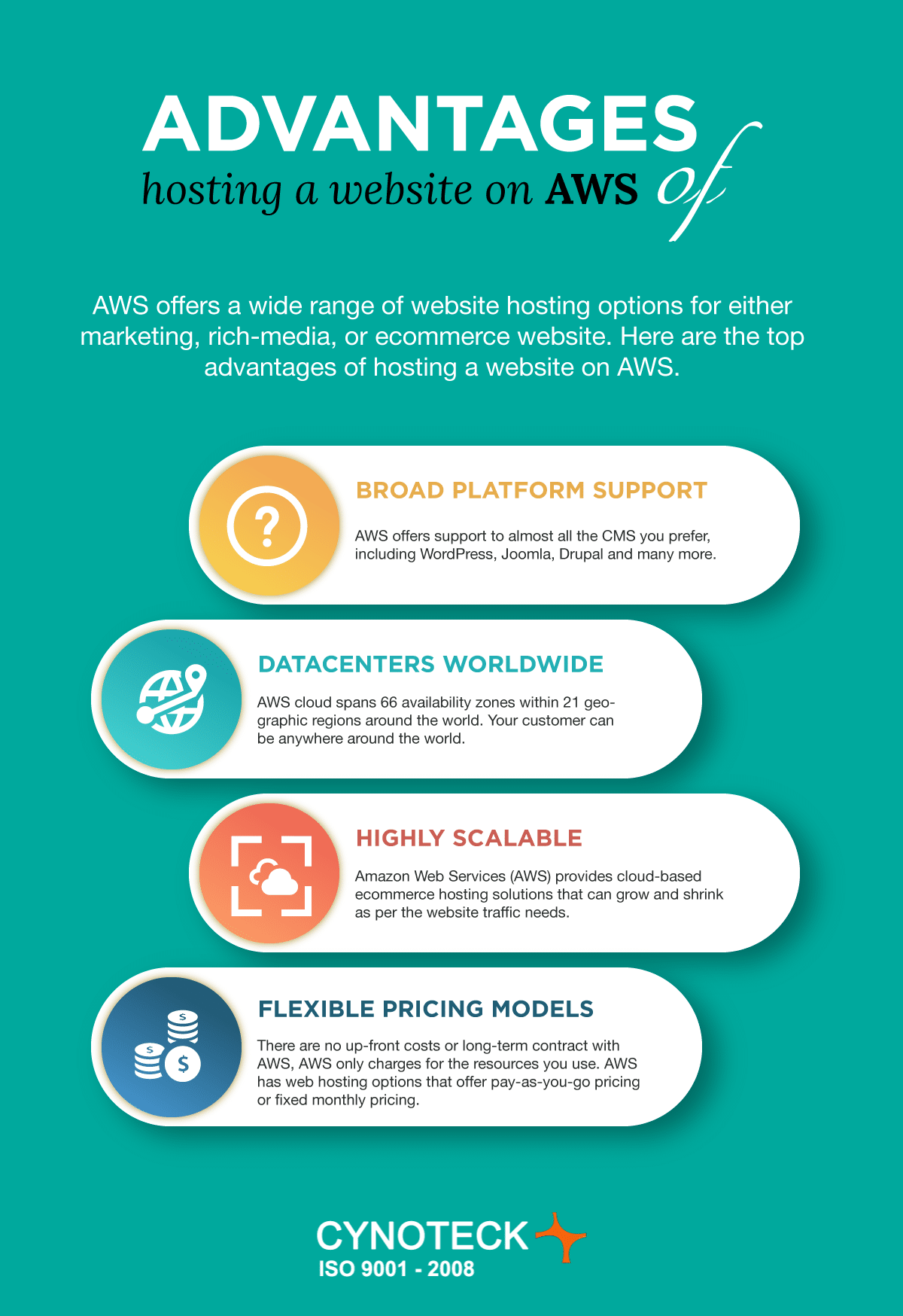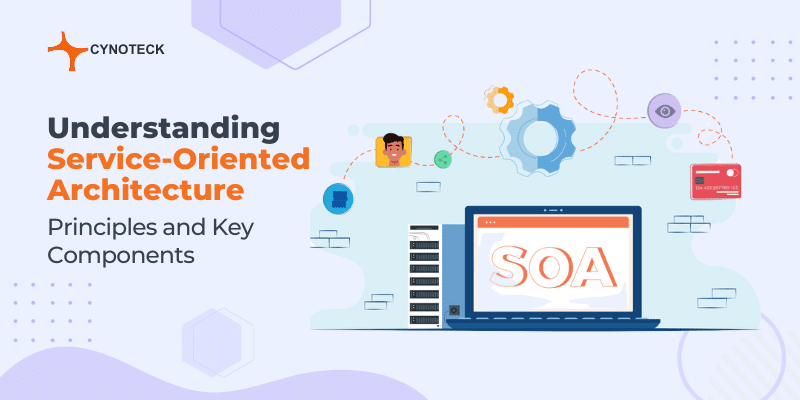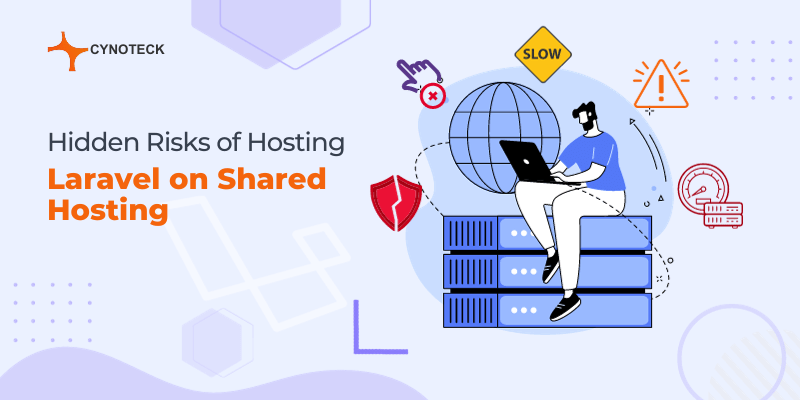Introduction
In an era where the online marketplace is bustling with activity, choosing the right hosting platform for your eCommerce website is nothing short of paramount. Enter Amazon Web Services (AWS), a cloud computing giant that offers a plethora of advantages for eCommerce businesses. But before we delve into the advantages, let’s start with the basics.
What is AWS?
Amazon Web Services, or AWS, is a comprehensive cloud computing platform provided by the e-commerce titan, Amazon. It offers a range of cloud services that encompass computing power, storage, and databases, all designed to help businesses scale and grow.
What is eCommerce?
eCommerce, or electronic commerce, is the engine behind online shopping. It’s the buying and selling of goods and services over the internet. From mega-marketplaces like Amazon and eBay to small, niche online stores, eCommerce powers the digital economy.
Why is it important to choose the right hosting platform for your eCommerce website?
Think of your hosting platform as the foundation of your digital store. It can make or break your business. A solid hosting platform ensures your website runs smoothly, is secure, and can accommodate traffic surges, all of which are critical for eCommerce success.
Now, let’s explore why hosting your eCommerce website on AWS can be a game-changer.
Advantages of Hosting an eCommerce Website on AWS

A. Broad platform support
AWS isn’t limited to just one programming language or technology stack. It supports a wide array of platforms, making it versatile for hosting various types of eCommerce websites. Whether your site is built on PHP, Java, Python, or any other language, AWS can accommodate it.
This flexibility is invaluable for eCommerce businesses, as it allows them to choose the best technology that aligns with their specific needs. It’s not a one-size-fits-all approach; it’s about customizing your hosting environment to fit your eCommerce requirements like a glove.
B. Global data centers
Picture this: Your eCommerce website needs to serve customers from all around the world. Where do you host it to ensure speedy loading times and a seamless shopping experience? AWS has the answer.
AWS boasts a global network of data centers. This means your website’s content can be delivered from a server that’s physically closer to your customers. The result? Faster load times. And in eCommerce, where every second counts, this is a game-changer. It’s not just about reaching a global audience; it’s about doing it efficiently.
C. Scalability and flexibility
If you’re in the eCommerce game, you’re probably well aware of the fluctuating nature of online traffic. Black Friday and holiday sales can bring a surge of visitors, while other times might see more moderate numbers. For an eCommerce website, the ability to scale up during peak times and scale down during lulls is a must.
This is where AWS shines. It’s highly scalable, allowing you to adjust your resources according to your current demands. When there’s a rush of holiday shoppers, AWS can handle the traffic seamlessly. But it’s not just about handling peaks; it’s also about being flexible with your resources, so you’re not paying for what you don’t need.
Imagine having a hosting platform that’s like a well-tailored suit, fitting you perfectly whether you’re having a busy season or a calm one. It’s not just about accommodating changes; it’s about doing it cost-effectively.
D. Flexible pricing models
Running an eCommerce website involves budgeting and financial planning. You need a hosting platform that won’t drain your finances. AWS offers a pay-as-you-go pricing model, which is precisely what it sounds like: you pay for what you use.
This approach eliminates the need for hefty upfront investments in hardware and infrastructure. You’re not locked into a fixed plan; instead, you have the flexibility to allocate resources as your business requires. It’s a breath of fresh air for startups and small businesses, allowing them to optimize their spending and allocate resources where they’re most needed.
AWS isn’t just hosting; it’s about managing your finances wisely, ensuring your budget aligns with your eCommerce goals.
E. Security and reliability
Security is a paramount concern in eCommerce. Your website handles sensitive customer data and financial transactions, and trust is a non-negotiable currency in this field. AWS understands this and provides robust security features.
AWS’s infrastructure is designed to safeguard your data. It complies with a range of industry standards, including the Payment Card Industry Data Security Standard (PCI DSS), which is critical for online payment security. This level of security goes beyond hosting; it’s about building trust with your customers.
But security isn’t the only pillar of AWS’s reputation. It’s also about reliability. Downtime in eCommerce can be catastrophic, resulting in lost sales and damage to your brand. AWS operates in multiple data centers worldwide, ensuring redundancy and minimizing the risk of downtime.
With a 99.99% uptime rate, your website is accessible to customers almost all the time. AWS understands that reliability is the cornerstone of a successful eCommerce operation.
F. Pay-as-you-go pricing
We touched on this earlier, but it’s so crucial that it deserves a bit more spotlight. AWS’s pay-as-you-go pricing isn’t just a matter of cost-effectiveness; it’s a matter of smart financial management.
You only pay for the resources you use, and you’re not locked into a fixed plan. This means you can allocate your budget more effectively, whether it’s for marketing, product development, or expanding your eCommerce operations. It’s about utilizing your resources efficiently, ensuring your budget aligns with your growth goals.
AWS isn’t just about hosting; it’s about savvy financial planning for your eCommerce venture.
Also, read: 21 Essential eCommerce Best Practices for Maximizing Conversions
Use Cases of AWS for eCommerce Businesses
Now that we’ve explored the advantages of hosting your eCommerce website on AWS, let’s dig into some specific use cases. AWS isn’t a one-trick pony; it offers a wide range of services that cater to different aspects of eCommerce operations.
A. Website hosting
This is where it all begins. Hosting your eCommerce website on AWS ensures that it’s accessible to your customers 24/7, with speedy load times and top-notch security. It’s about laying a strong foundation for your online store.
B. Product database hosting
For an eCommerce website, the product database is the heart of the operation. AWS provides secure and scalable storage solutions for product data, ensuring it’s easily accessible to your customers.
C. Payment processing
Handling payments online requires top-tier security. AWS offers secure payment gateways that give your customers peace of mind during transactions.
D. Order fulfillment
Efficient order management is crucial for eCommerce success. AWS provides services that streamline the order fulfillment process, ensuring a smooth experience for both you and your customers.
E. Customer relationship management (CRM)
Customer relationships are the bedrock of any eCommerce business. AWS offers tools and services that facilitate better customer interactions and relationship management.
F. Content delivery network (CDN)
Fast content delivery is essential for eCommerce websites. AWS’s content delivery network ensures your content reaches your customers swiftly, contributing to a seamless shopping experience.
Each of these use cases is a testament to the versatility and comprehensive nature of AWS in catering to the multifaceted needs of eCommerce businesses.
Also, read: The Top eCommerce CMS Platforms for a Successful Online Business
How to Get Started with Hosting an eCommerce Website on AWS
By now, you might be intrigued about the prospects of hosting your eCommerce website on AWS. But how do you begin? Let’s walk through the steps.
A. Choose the right AWS services for your needs
It all starts with identifying your eCommerce requirements and choosing the appropriate AWS services that align with those needs. Whether it’s website hosting, database management, or payment gateways, AWS offers a spectrum of services to suit your needs.
B. Create an AWS account
Setting up an AWS account is the next step. It’s a fairly straightforward process, and AWS provides detailed guidelines to help you through the account creation.
C. Deploy your eCommerce website on AWS
Once your account is up and running, it’s time to deploy your website on AWS servers. This involves transferring your website’s files and setting up the necessary configurations.
D. Configure your AWS services
After deploying your website, it’s crucial to configure your AWS services to optimize performance and security. This includes fine-tuning various settings to ensure your eCommerce operations run smoothly.
E. Monitor your website performance and security
The work isn’t done once your website is live. Monitoring your website’s performance and security is an ongoing task. AWS offers tools to help you keep track of your website’s health and security status.
Getting started with AWS for your eCommerce website isn’t just a technical process; it’s a strategic move that involves understanding your business needs and aligning them with the right set of services.
Also, read: Magento PWA Studio – Developing PWAs for your Magento eCommerce Store
Conclusion
In summary, hosting an eCommerce website on AWS is more than just a choice of hosting platform; it’s a strategic decision that can significantly impact your online business.
From the broad platform support to the global data centers, scalability, and flexible pricing models, AWS offers a range of advantages that align with the diverse needs of eCommerce businesses. It’s about having a hosting platform that doesn’t just host; it supports, secures, and adapts to the dynamic landscape of eCommerce.
So, if you’re considering diving into the eCommerce world or looking to revamp your current online store, consider the advantages of hosting on AWS. It’s not just about hosting; it’s about powering your eCommerce dreams with a robust, versatile, and reliable platform that can support your growth and success in the competitive digital marketplace.

Web Development Services
Are you looking for a reliable web development company? Our highly skilled web developers enables us to deliver result oriented web development services. Contact our team to understand, how we can help you in achieving your business goals.




